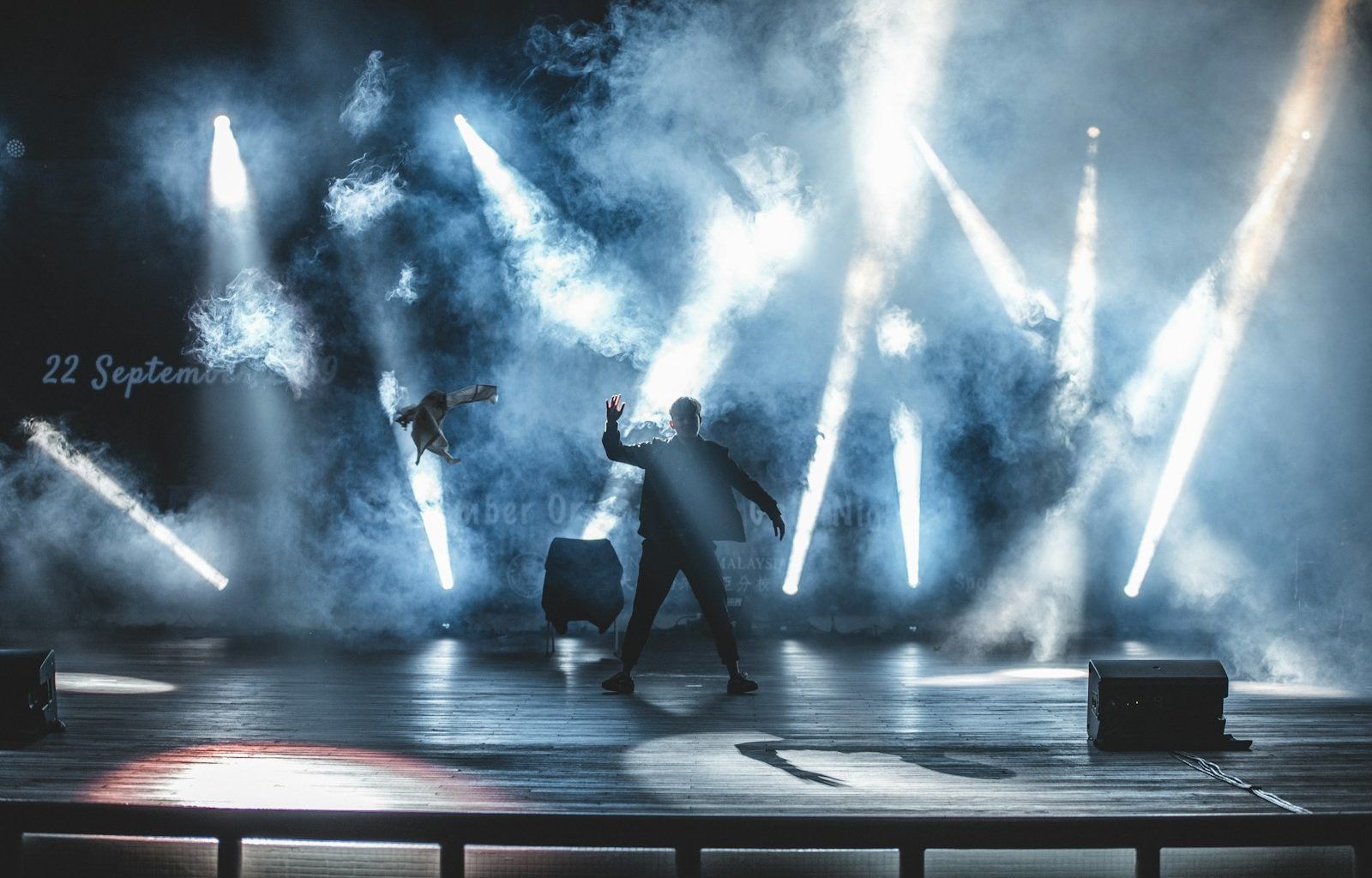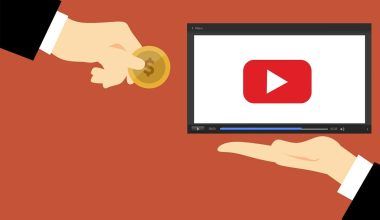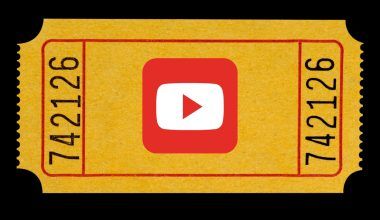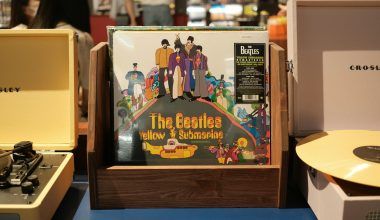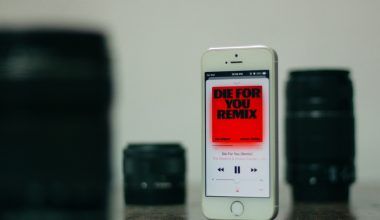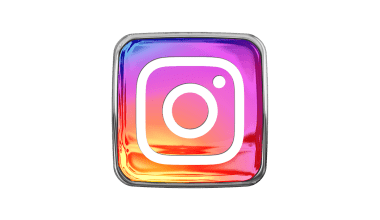If you’ve ever written a song, performed music publicly, or produced a show, you may have wondered, “How long can I own my public performance royalties?” It’s a great question because understanding royalty ownership can help you make the most of your hard work. Public performance royalties are a key revenue source for creators, and knowing how they work is essential for long-term success.
In this article, we’ll break down everything you need to know about public performance royalties in simple terms. We’ll cover how royalties are earned, the factors that influence ownership duration, and tips to maximize your earnings. Let’s dive in!
What Are Public Performance Royalties?
Before we get into how long you can own your royalties, let’s clarify what they are. Public performance royalties are payments made to songwriters, composers, and publishers when their music is played publicly. This can include performances on the radio, TV, streaming platforms, live concerts, or even in a local coffee shop.
For example, if you write a song and it’s streamed on a platform like Spotify, you’re entitled to public performance royalties. Organizations like ASCAP, BMI, and SESAC ensure that creators get paid whenever their work is publicly performed.
How Long Do You Own Public Performance Royalties?
The length of time you can own public performance royalties depends on copyright laws in your country. In many places, copyright lasts for the life of the creator plus an additional 70 years. For works created by multiple authors, it’s typically 70 years after the last surviving author’s death.
If the copyright is owned by a corporation or an entity rather than an individual, the duration may vary. In the U.S., for example, works-for-hire have a copyright term of 95 years from publication or 120 years from creation, whichever is shorter.
Factors That Influence Ownership Duration
1. Copyright Registration
Registering your work with a copyright office is crucial. While copyright protection is automatic upon creation, registration provides legal evidence of ownership. This makes it easier to claim royalties and ensures that your rights are protected.
2. Transfer of Rights
Sometimes, creators sell or transfer their rights to a publisher or another entity. When this happens, the buyer becomes entitled to the royalties for the duration of the copyright term. If you transfer your rights, you’ll no longer receive royalties unless stipulated in the contract.
3. Joint Ownership
If you collaborate with other creators, the copyright term is based on the lifespan of the last surviving creator. Joint ownership can complicate things, so it’s important to have a clear agreement on how royalties will be divided.
How to Maximize Your Public Performance Royalties
1. Partner with a Performance Rights Organization (PRO)
PROs like ASCAP, BMI, and SESAC handle the licensing and collection of royalties on your behalf. Joining a PRO ensures that you’ll receive payments when your music is performed publicly.
2. Monitor Your Royalties
Keep track of where and how your work is being used. Tools like Royalty Exchange or software provided by PROs can help you track performances and payments. This ensures you’re getting paid for every use of your work.
3. Negotiate Contracts Carefully
If you’re working with publishers or record labels, pay attention to the terms regarding royalties. Ensure that you retain some ownership rights or negotiate favorable splits to maximize your earnings.
4. Leverage Digital Platforms
Streaming services, social media, and online concerts have opened new revenue streams for creators. Make your work available on as many platforms as possible to increase its exposure and earning potential.
Why Ownership Matters
Owning your public performance royalties can provide long-term financial security. For many creators, royalties are a steady source of income that supports their artistic pursuits. The longer you own your royalties, the more opportunities you have to earn from your creations.
Ownership also gives you control over how your work is used. You can decide whether to license it for commercials, movies, or other projects. This ensures that your work aligns with your values and goals.
The Role of Heirs and Successors
When a creator passes away, their royalties don’t vanish. Instead, they become part of the creator’s estate. Heirs or designated successors can continue to collect royalties for the remainder of the copyright term.
To ensure a smooth transition, it’s wise to include your intellectual property in your estate planning. This can involve setting up a trust or clearly specifying how royalties should be distributed among your heirs.
Common Questions About Public Performance Royalties
Can I Sell My Royalties?
Yes, you can sell your royalties. Some creators choose to sell their royalty rights to investors or companies in exchange for a lump sum. This can be a good option if you need immediate funds, but it’s important to weigh the long-term financial implications.
Do Royalties Expire?
Royalties themselves don’t expire, but your right to collect them ends when the copyright term expires. After that, the work enters the public domain and can be used without permission or payment.
What Happens If I Don’t Register My Work?
Even if you don’t register your work, you’re still entitled to royalties. However, registration makes it easier to enforce your rights and claim unpaid royalties. Without registration, proving ownership can be challenging in legal disputes.
Final Thoughts
Understanding how long you can own your public performance royalties is key to maximizing your earnings and protecting your creative legacy. By staying informed about copyright laws, partnering with a PRO, and managing your rights wisely, you can ensure that your hard work continues to pay off for years to come.
Remember, your music is valuable, and so are the royalties it generates. Take steps today to secure your rights and make the most of your creations. If you have more questions or need guidance, reach out to industry professionals who can help you navigate the complexities of royalty ownership.
Related Articles:
For further reading, explore these related articles:
- A Nostalgic Journey with Menudo Group
- Discover the Magic of Seventeen Songs: A Journey Through Music
For additional resources on music marketing and distribution, visit DMT RECORDS PRIVATE LIMITED
